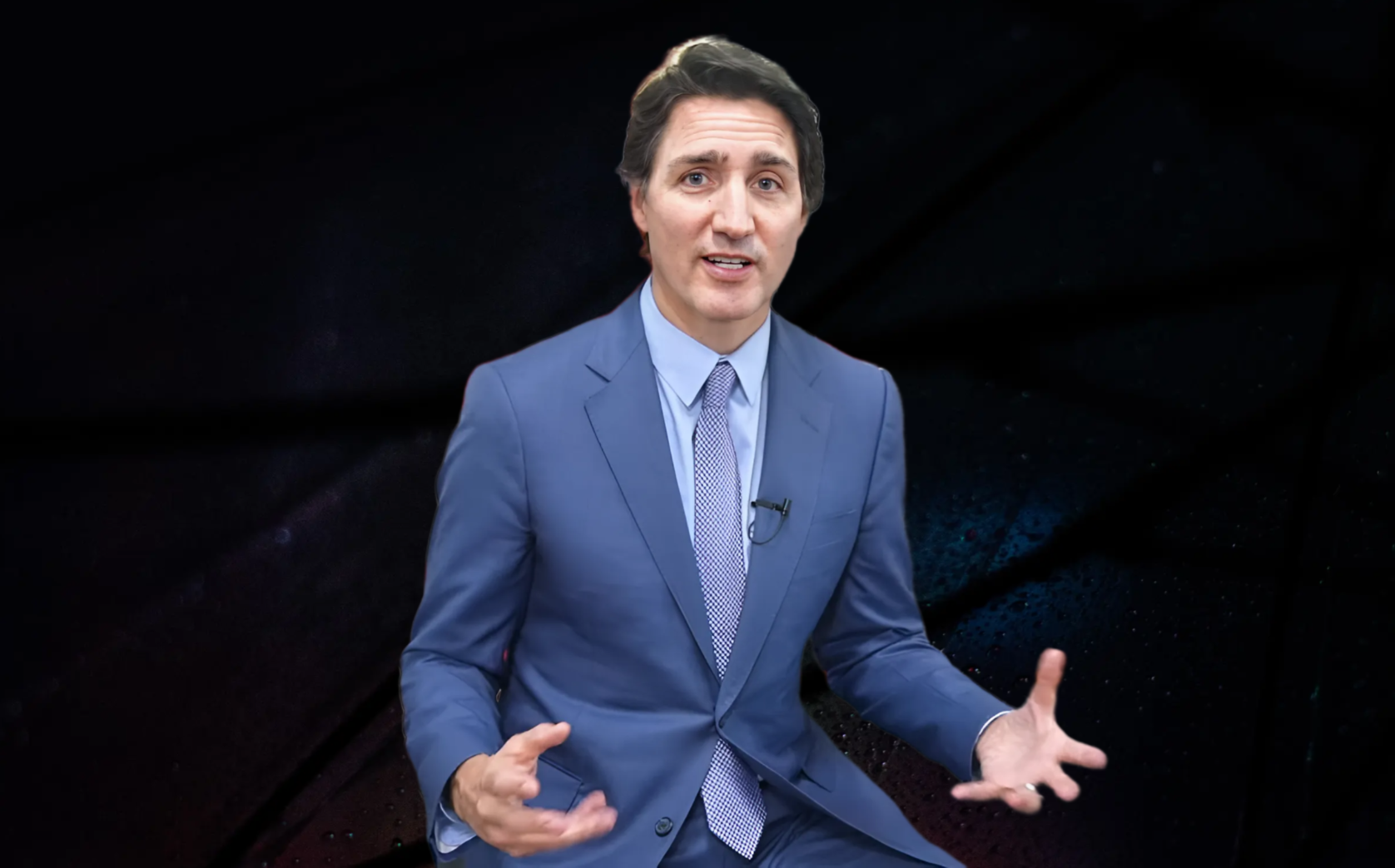NDP Leader Jagmeet Singh has announced the termination of the supply-and-confidence agreement that has been crucial in keeping Liberal government in power. This decision marks a significant turning point and could lead to an early federal election, potentially altering the political landscape in Canada.
The supply-and-confidence agreement, forged between the NDP and the Liberals in 2022, was designed to provide stability to Trudeau’s minority government, ensuring it could pass key legislation and avoid early elections. The agreement allowed the Liberals to govern without the constant threat of losing confidence in the House of Commons, a common risk for minority governments. However, Singh’s recent announcement has abruptly ended this political alliance.
In a video posted to social media, Singh stated, “Today I notified the Prime Minister that I’ve ripped up the supply and confidence agreement. Canadians are fighting a battle for the future of the middle class. Justin Trudeau has proven again and again he will always cave to corporate greed. The Liberals have let people down; they don’t deserve another chance.”
The termination of the agreement has immediate and far-reaching consequences. Without the support of the NDP, the Trudeau government is now vulnerable to losing confidence votes in Parliament. This vulnerability could force an early election, a possibility that political analysts believe could occur as soon as the next federal budget is presented.
While the end of the agreement does not guarantee an immediate election, it significantly increases the likelihood of one happening before the scheduled date in 2025. The Conservatives are expected to seize this opportunity to push for an election, especially given the Liberals’ declining popularity. Recent polls, such as those from Angus Reid, show the Liberals polling at 21%, one of their lowest points in history.
Singh’s decision to pull out of the agreement is seen as a strategic move to distance the NDP from the increasingly unpopular Liberal government. By ending the alliance, Singh positions the NDP as a true opposition party, rather than an ally to the Liberals. This move allows the NDP to criticize the Liberals more freely and appeal to voters who are dissatisfied with Trudeau’s handling of key issues, such as corporate influence and economic inequality.
The sharp rhetoric used by Singh in his announcement—accusing the Liberals of caving to corporate greed—signals a shift in the NDP’s approach. The party is now preparing for an election campaign where it will attempt to position itself as the champion of the middle class and an alternative to both the Liberals and the Conservatives.
Trudeau’s Response to the NDP Decision
Prime Minister Justin Trudeau responded to the NDP’s decision with a measured tone, emphasizing the achievements made possible by the agreement and expressing his commitment to continuing to work for Canadians. When asked about his conversations with Singh prior to the announcement, Trudeau said, “I have had over the past number of years many, many conversations about how we get things done for Canadians and that has led to things like $10-a-day Child Care and Dental Care that has made a huge impact. But both of those things have more work to do in Parliament this fall as we’re moving forward on pharmacare as well to make sure that free prescription contraceptives, to make sure that free insulin is available to Canadians. These are things that I know the NDP should care about because Canadians care about it.”
He further stressed the importance of continued collaboration: “I look forward to conversations with Mr. Singh about how we’re going to continue to demonstrate that confident countries invest in their citizens, invest in their future because that’s what we’re doing.”
Poilievre’s Strong Reaction
Conservative leader Pierre Poilievre quickly responded to the political developments with a scathing critique of both Singh and Trudeau. In a statement on Twitter, Poilievre dubbed Singh “Sellout Singh” and accused him of betraying Canadian workers by supporting the Liberals’ policies.
“Two years ago, Sellout Singh sold out workers and signed on to a costly coalition with Justin Trudeau that hiked taxes, ballooned food costs, doubled housing costs and unleashed crime and chaos in our once safe streets,” Poilievre wrote. He further criticized Singh’s reluctance to clearly state whether the NDP would vote non-confidence in the government to force a “carbon tax election” at the first opportunity. Poilievre continued his attack by highlighting the NDP’s support for the carbon tax, stating, “Sellout Singh has voted to quadruple the carbon tax to $0.61/L, a plan that will drive Canadians to food banks and grind our economy to a halt—killing hundreds of thousands of jobs.”
Poilievre positioned the Conservatives as the only party capable of addressing Canadians’ concerns: “Canadians need a carbon tax election NOW to decide between the Costly Coalition of NDP-Liberals who tax your food, punish your work, take your money, double your housing costs and unleash crime and drugs in your communities OR common sense Conservatives who will axe the tax, build the homes, fix the budget, and stop the crime.”
As Canada enters this new phase of political uncertainty, the possibility of an early election looms large. The Conservatives are poised to capitalize on the Liberals’ weakened position, while the NDP is gearing up for a campaign focused on addressing the concerns of the middle class.
For voters, the end of the supply-and-confidence agreement could mean a return to the polls sooner than expected. The upcoming months will be crucial in determining whether the Trudeau government can maintain its hold on power or if the country will see a change in leadership.
As the political landscape shifts, all eyes will be on Parliament Hill to see how this drama unfolds. One thing is certain: Canadian politics just became much more unpredictable.

